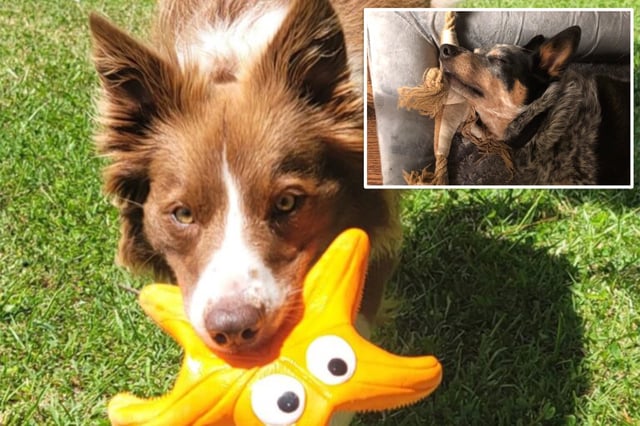Overview
- Owners first taught dogs two category words during natural play—roughly “pull” (tug) and “fetch” (retrieve)—then introduced new toys without naming them and later asked for a category toy.
- They selected the correct novel toy well above chance, with reports citing about 31 correct choices out of 48 trials and roughly two-thirds accuracy against a 12.5 percent chance level.
- The experiments were conducted entirely in home settings with no extensive formal training, typically after about a week of ordinary play with the toys.
- Seven Gifted Word Learner dogs completed the study—six border collies and one blue heeler—reflecting a rare subgroup known for large toy-name vocabularies.
- Researchers say the findings show functional label extension comparable to early child learning and recommend larger, more diverse samples to test how broadly this ability occurs and how it works in the brain.



